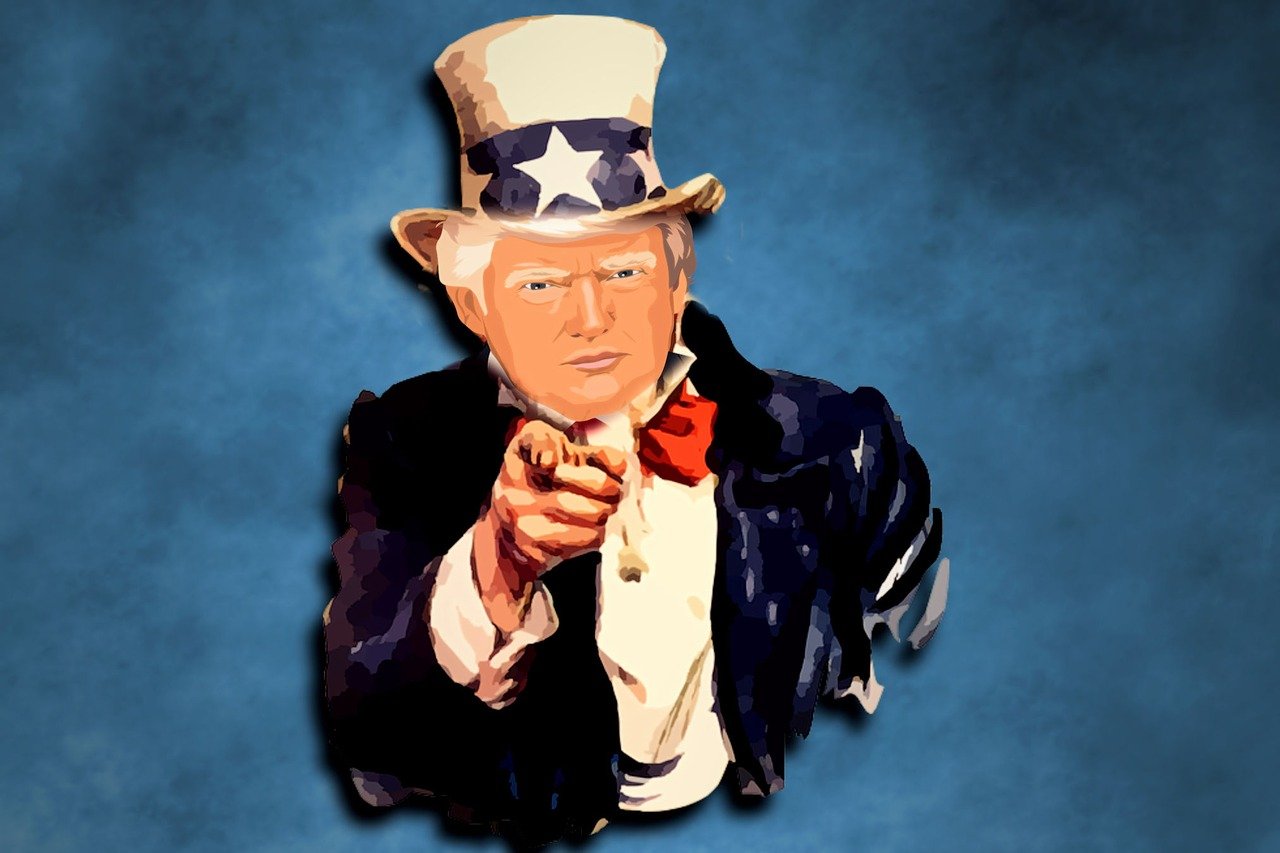Table of Contents
Donald Trump Can No Longer Travel to 38 Countries
Former President Donald Trump, whose administration imposed numerous iterations of a travel ban on persons from Muslim-majority countries, may face limitations on his own foreign travel following his criminal conviction in New York on Thursday.
Trump was convicted on 34 felony charges in a plan to fraudulently influence the 2016 election by paying a hush money to a porn performer who claimed the two had sex.
Former President Donald Trump Found Guilty in Hush-Money Case
Donald Trump, the former President of the United States, was found guilty of fabricating corporate documents to conceal extramarital relationships during his 2016 presidential campaign.
A New York jury returned its decision following a month-long trial, finding Trump guilty on all 34 counts. The judge, Juan Merchan, has scheduled Trump’s sentence for July 11, two days before the Republican National Convention.
Trump argues that the trial was “corrupt” and “rigged,” and he has denied any wrongdoing. He has promised to challenge the decision, which might create an unpleasant situation if he decides to run for office again while having a criminal record.
In spite of his assertions, the jury determined that Trump had purposefully fabricated records in order to hide another crime, rejecting his claims that the bookkeeping was proper and correct.
The decision has provoked a variety of responses, with Trump’s followers denouncing it as a political witch hunt and his opponents praising it as a win for justice.

In his defense of the decision, Manhattan District Attorney Alvin Bragg stated that the jurors carried out their “fundamental civic duty” and that his staff adhered to “the facts and the law, and doing so without fear or favor.”
The case has brought attention to the value of responsibility and the rule of law, and Trump’s political future will probably be greatly affected by its resolution.
International Border Control: Protecting Residents and Maintaining National Security
Newsweek revealed that three of the G7 countries—Canada, the United Kingdom, and Japan—have laws that limit entrance for those with criminal convictions. These reports cited the World Population Review.
Similar restrictions were also implemented by China and Israel, and Newsweek reports that these laws may prevent convicted criminals from receiving visas or entrance permits, which might have an effect on the travel plans of the front-runner for the Republican presidential nomination.
Convicted criminals are prohibited from entering the following nations, according to statistics from the World Population Review. Additionally, some nations have the authority to refuse entrance if it is found that a candidate has a criminal past even if they do not routinely examine criminal histories at the border.
Trump’s Travel Plans and Criminal Convictions
Several nations, notably the United States, the United Kingdom, Australia, Canada, and China, impose strong restrictions or prohibitions on persons with felony convictions entering their borders. However, exceptions can be made for foreign leaders, such as former President George W. Bush, who was granted a special permit to visit Canada despite a misdemeanor charge.
Trump, who is awaiting punishment in the “hush money” case, intends to extend and improve travel restrictions to the United States if reelected. The Supreme Court upheld his earlier travel ban, which targeted predominantly Muslim communities, in 2018.
Trump has also made remarks regarding undocumented migrants crossing the US-Mexico border, referring to them vaguely as “criminals.” Despite his legal troubles, Trump claims innocence and promises to “save our country and our Constitution.
Based on statistics from the World Population Review, below is a list of nations where convicted felons are not permitted to enter:
- Argentina
- Australia
- Canada
- China
- Cuba
- India
- Iran
- Israel
- Japan
- Kenya
- Macau
- New Zealand
- South Africa
- Taiwan
- United Kingdom
- United States
Furthermore, Trump may now be barred from entering certain nations. Although not all nations actively examine criminal records at the border, if a convicted felon is detected, entrance will be denied. The following nations have implemented this:
Brazil
- Cambodia
- Chile
- Dominican Republic
- Egypt
- Ethiopia
- Hong Kong
- Indonesia
- Ireland
- Malaysia
- Mexico
- Morocco
- Nepal
- Peru
- Philippines
- Singapore
- South Korea
- Tanzania
- Tunisia
- Turkey
- Ukraine
- United Arab Emirates
Reactions to Trump’s Trial and Verdict Divide the Nation
Views on the trial and its results have been divided. Many Republicans who support Trump feel that the trial was unjust and politically motivated. Governor Kristi Noem of South Dakota posted on X, the previous Twitter platform, saying,
“Even the liberal media acknowledges that President Trump did nothing wrong. Despite overwhelming proof that Trump was innocent, the judge violated Trump’s constitutional rights and exerted all of his power to bring about this result.”
Talk show host Mark Davis stated in an opinion article for Newsweek that
“Thursday’s guilty verdict in a Manhattan courtroom on 34 counts is still a sad new low for an American justice system that is supposedly based on facts, evidence, judges who preside fairly, and juries that decide coherently.”
On the other hand, a few legal scholars and opponents have highlighted how crucial accountability and the rule of law are. Following the X judgment, Democratic Attorney General of New York Letitia James declared,
“No one is above the law.”
James’ lawsuit alleging commercial fraud against Trump resulted in his liability for deceiving insurers and lenders.
